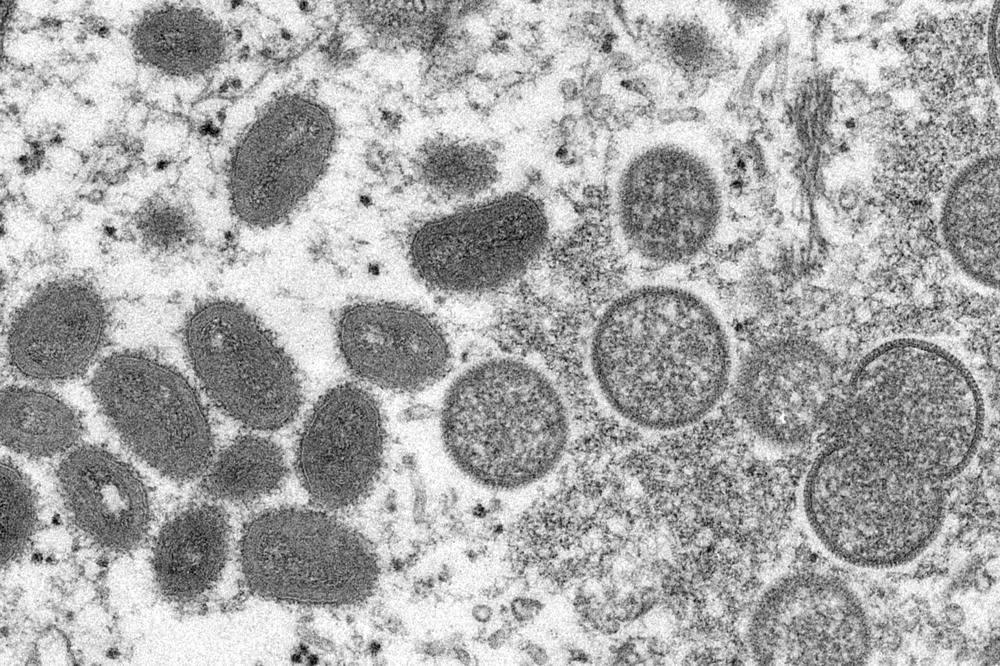CHITWAN, Feb 4: Tropilaelaps mite, which has become a major problem in beehives in Asian countries, including India, has been detected for the first time in Nepal.
Foreign scientists, who arrived here to participate in a three-day international conference organized by Agriculture and Forestry University, noticed this mite while monitoring beehives in Chitwan. A team comprising scientists from Korea and Taiwan examined commercial beehives in eastern Chitwan.
According to Ram Hari Timilsina, an associate professor at the University, the mite was found during the examination of beehives by a team including Honeybee and Pollination expert Dr. Kedar Devkota, Chief of the Honeybee Development Office, Chitwan, Sujan Amgai, a scientist from Andong University, South Korea, and a scientist from National Chung Hsing University, Taiwan.
The government should officially certify that it is the Tropilaelaps mite after all evidence is submitted. The government has been stating that such a mite had not been found in commercially reared Apis mellifera here so far. Devkota confirmed that the mite found during the monitoring by foreign scientists was Tropilaelaps.
Houses in Dhadingbesi decorated with beehives

Devkota shared that the scientists have advised farmers and Nepali experts to take precautions, as the Varroa mite has also been found in this context, and it breeds further during June, July, and August.
According to him, discussions were held during a conference on the management of bee pests and diseases organized in the Netherlands three months ago, where it was highlighted that the Tropilaelaps mite is a significant challenge in Asian countries. The conference also deliberated on ways to control this mite.
Former President of the Nepal Beekeepers Association, Shiva Sharma, who accompanied the scientists during the observation, advised beekeepers to take precautions in view of the detection of the mite.
Dean of the Faculty of Agriculture, Prof. Dr. Arjun Kumar Shrestha, said that various other important achievements were also made during the conference.
Along with Nepali experts, scientists from the United States, Taiwan, Korea, Bangladesh, India, and Norway are participating in the conference. More than 50 working papers are being presented at the conference, which concludes today.
Dr. Shrestha said that more than 700 people have benefited from the conference, which included discussions on various research studies conducted by the University and agricultural research at the international level.
Future research topics to be undertaken by the University were identified and prioritized, with extensive interactions held on the matter during the conference.
Additionally, the foreign scientists conducted on-site observations of various aspects of agriculture and provided their feedback.
RSS






































